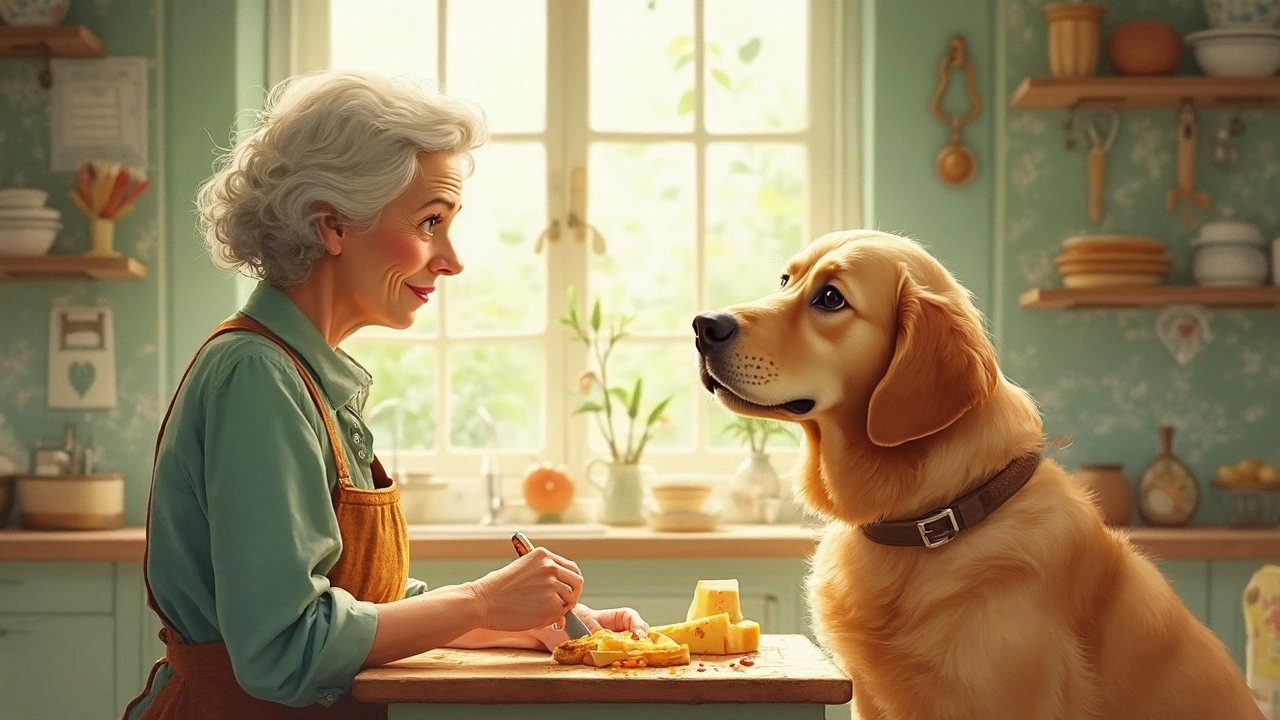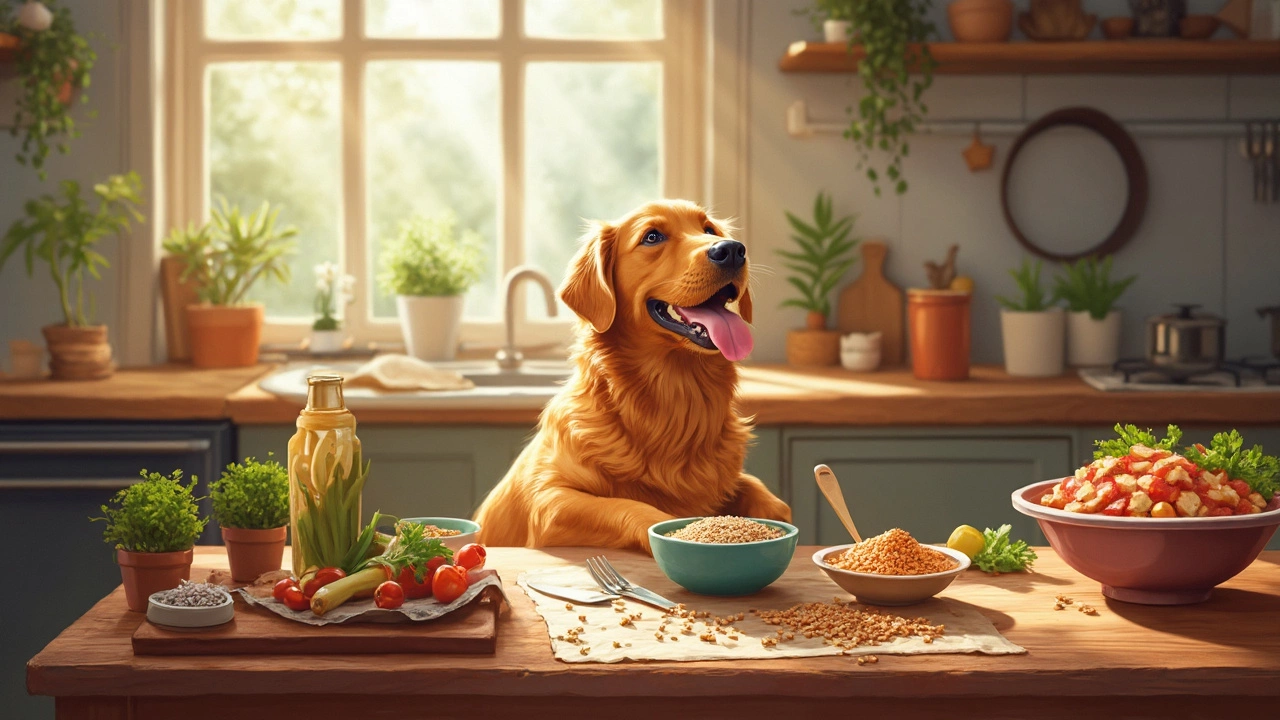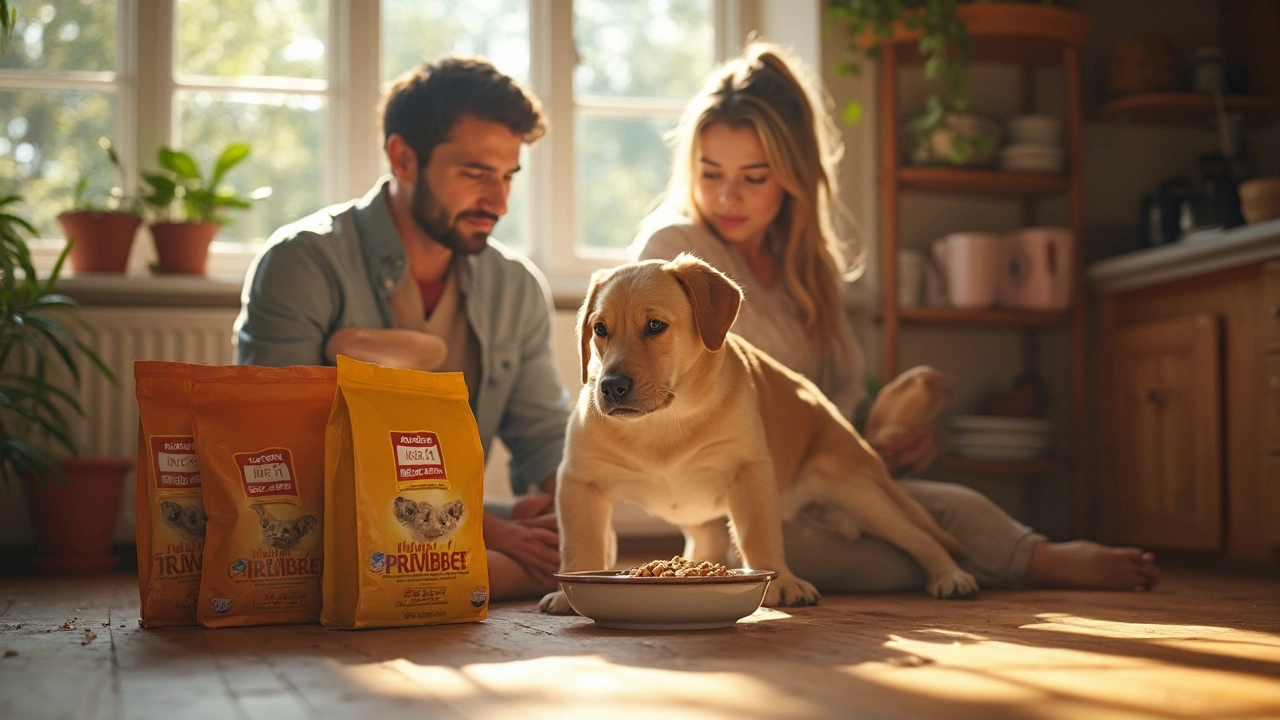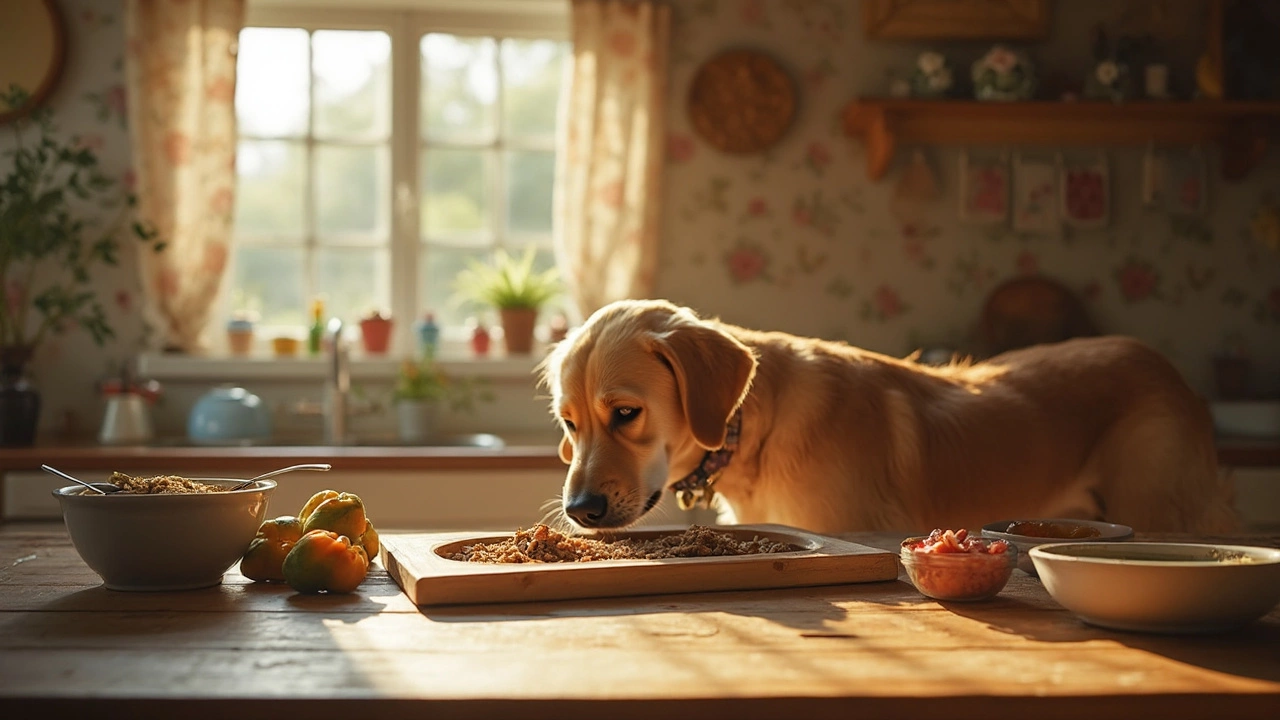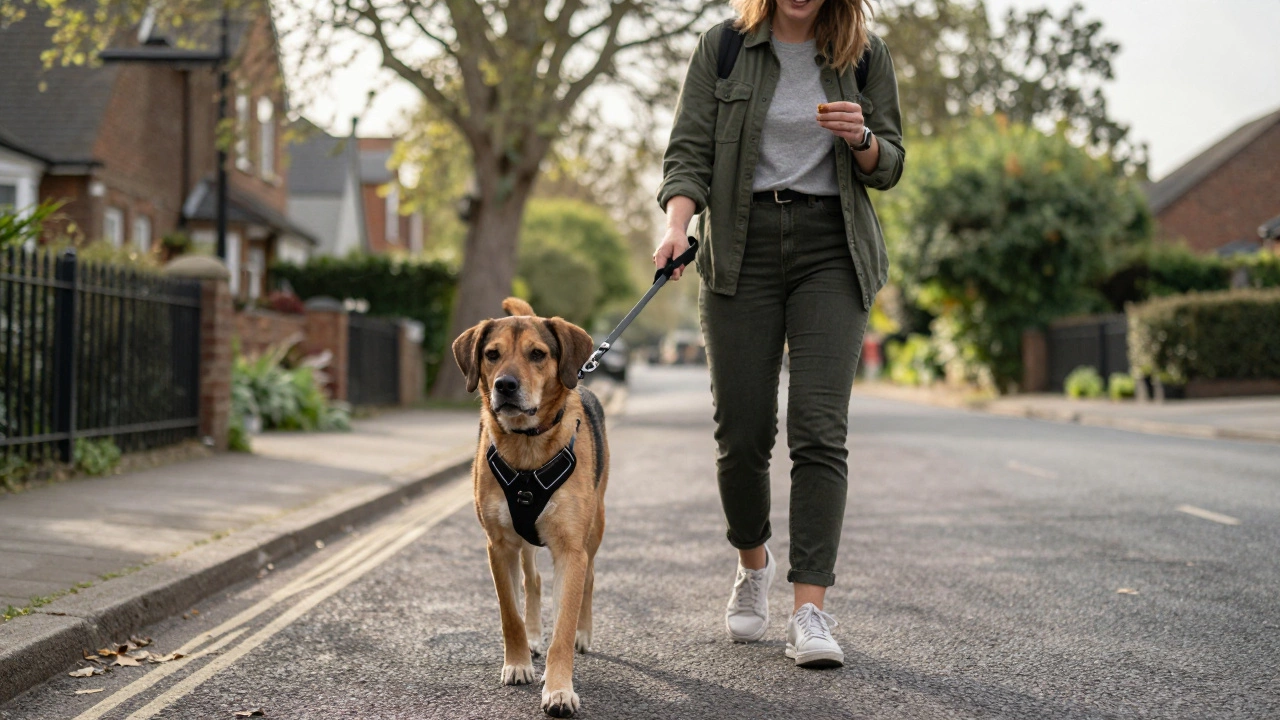Alright, dog lovers, let's talk about something that's probably crossed your mind more than once—cheese. Can our furry pals enjoy this delicious treat without any problems? Dogs and cheese can be an interesting combo, but it's not always a straightforward one. Many of our four-legged friends go bonkers for cheese, but does that mean it's actually safe for them to eat?
The short answer is yes, dogs can have cheese in moderation. It's not toxic or anything, but that doesn't mean it's all smooth sailing. Some dogs might handle cheese just fine, while others could end up with an upset stomach. So, it's worth being a bit cautious and informed when you decide to share that cheesy goodness.
Cheese comes in all sorts of shapes and flavors, from cheddar to mozzarella. But not all cheeses are created equal when it comes to dogs. Certain types might be better suited for your pup than others. Curious about which ones are safe? Hang tight, we're about to dig into that.
- Cheese and Dogs: The Basics
- Why Some Dogs Love Cheese
- Types of Cheese Safe for Dogs
- Potential Risks of Feeding Cheese
- Tips for Offering Cheese to Dogs
Cheese and Dogs: The Basics
Alright, let's break it down! Cheese can be a delicious snack for humans and canines alike, but is it really okay for Fido to indulge? Well, here's the scoop: in moderation, many dogs can enjoy cheese as a treat. It's tasty, it's creamy, and it's often a high-value reward during training. But, there's more to the story.
For starters, dogs aren't all made the same, especially when it comes to their digestive tracts. Some dogs might handle cheese with no issues, while others could find it a bit hard on their stomachs. This really boils down to lactose content, because - surprise! - quite a few pups are lactose intolerant. If your dog falls into this category, you'll want to be careful about how much cheese they're scarfing down.
Types of Cheese
Not all cheeses are the same, and some are definitely better for dogs than others. Here's a quick rundown:
- Low-lactose cheeses such as cheddar and Swiss are generally okay.
- Soft cheeses like brie or feta have higher lactose levels and should be avoided or limited.
- Blue cheese is a definite no-no due to its mold content, which can be downright dangerous for dogs.
As seasoned dog owners know, moderation is key. If you're introducing cheese to your dog's diet, start small and watch for any upset tummies or changes in behavior.
Nutritional Benefits—and Drawbacks
Cheese isn't just empty calories; it's got some good stuff in there like protein and calcium, which are great for dog nutrition. But hey, it's not all sunshine and rainbows. Cheese is also high in fat, which means too much of it can lead to weight gain or pancreatitis.
Watch Out for Salt
Another sneaky consideration is the salt content in cheese. Some varieties pack a pretty salty punch, and that's not exactly ideal for our furry friends. Always opt for low-sodium options when you can.
In summary, dogs can have cheese, but with some caveats. Keep portions small, choose the right type, and watch for any adverse reactions. This way, you can let your dog enjoy the cheesy goodness without any hitches.
Why Some Dogs Love Cheese
Ever noticed how your pup seems to do a little happy dance when cheese comes out of the fridge? There's a good reason for that. Dogs, like humans, are drawn to certain foods, and cheese happens to be one of them for many canines. But why? Let's break it down.
First off, cheese is packed with several flavors that dogs can't resist—mainly due to its high-fat content. This richness is appealing and makes it a tasty treat for dogs, who are naturally inclined to enjoy fatty foods. In their ancestral diet, fats were a valuable energy source. So, their taste buds light up with joy at creamy, fatty foods like cheese.
Another reason might be the texture. Dogs love foods they can easily chew and swallow. Cheese offers just the right amount of softness and creaminess that adds a unique chewing experience compared to their everyday kibble. Plus, it's much more interesting than dry biscuits!
Smell Factor
Let's not forget our dogs' remarkable sense of smell. Cheese has a strong aroma that immediately grabs a dog's attention. Its scent travels fast, making dogs perk up and follow their noses right to you, hoping for a morsel. The smellier the cheese, the more likely it is they'll be sitting by your feet begging for a bite.
- Dogs find high-fat foods like cheese irresistible.
- Cheese has a unique texture that dogs find intriguing.
- The strong aroma of cheese is a major draw for their sensitive noses.
While there’s no doubt that many dogs have a special fondness for cheese, it’s still wise to watch how much they indulge. The rich flavors and fats are great in moderation, but too much could lead to tummy trouble or, over time, contribute to weight gain. So, next time you catch your pup eyeing the cheese, keep these factors in mind and use cheese as a well-earned treat rather than a dietary staple.

Types of Cheese Safe for Dogs
When it comes to giving your dogs a cheesy reward, not all cheese types are created equal. It's crucial to choose the right kind to ensure their tummies stay happy and healthy. Let's dive into the cheeses that make the "safe for dogs" list.
Cheddar and Other Hard Cheeses
Cheddar is pretty popular, and the good news is, it's usually okay for dogs. Due to its low lactose content, most pups can handle it without turning into a gassy mess. So, if you've got a bit of cheddar left over from lunch, your dog might happily take it off your hands.
Cottage Cheese
This one is a bit different. It's not hard, but cottage cheese is low in lactose and fat. It's often easier to digest, making it a solid choice for dogs that might have a touchy stomach. Just keep the portion small to start, and you'll be good to go.
Mozzarella
Mozzarella is another cheese that's lower in fat, so it can be a safer option, especially if you're watching your dog's waistline. Those tasty string cheese sticks? They can be broken into small pieces as a treat.
Avoid These Cheeses
Now, let's talk about cheeses you should avoid. Anything with added flavors like garlic, herbs, or spicy elements is a no-go. Blue cheese is a definite nope as well; it's got roquefortine C, which could be harmful.
- Garlic and herb cheese - Often flavored with ingredients toxic to dogs.
- Blue cheese - Contains a substance called roquefortine C, potentially dangerous for pups.
Always remember, moderation is key. Even if your dog seems fine with a certain cheese, too much could lead to an upset stomach or weight gain. So, go easy on the portions and enjoy those happy tail wags!
Potential Risks of Feeding Cheese
While cheese isn't all bad for our canine companions, there are a few things to watch out for. Just because your dog loves it doesn't mean there aren't some risks involved. Let's break down why you might want to think twice before sharing too much of that cheesy goodness.
Lactose Intolerance
First up, we've got lactose intolerance, which isn't uncommon among dogs. Some pups have trouble digesting lactose, the sugar found in milk and cheese. Eating cheese might lead to diarrhea or an upset stomach. If your pooch starts displaying these signs, you might want to hold off on the cheese.
High Fat Content
Most cheeses are pretty fatty. Feeding your dog a lot of fatty foods can lead to problems like obesity and even pancreatitis, which is a painful inflammation of the pancreas. It's important to manage their diet carefully, keeping high-fat treats like cheese in moderation.
Sodium Concerns
Ever notice how salty some cheeses are? High sodium levels can be an issue for dogs, especially if they already have underlying health conditions like heart issues. Too much salt can lead to increased thirst, urination, or even sodium ion poisoning in severe cases.
Potential Additives
Some cheeses come loaded with additives like onions, garlic, or herbs. These can be toxic to dogs. Always check what's in the cheese before you let your furry buddy near it. Simple is best when it comes to cheese and dogs.
| Issue | Percentage of Dogs |
|---|---|
| Lactose Intolerance | 30% |
| Obesity from High Fat | 25% |
| Sodium-related Issues | 10% |
While cheese can be a tasty and beloved treat for many pups, it's essential to stay cautious and aware of these potential risks. Moderation is key, and when in doubt, talk to your vet for advice tailored to your dog's specific needs.

Tips for Offering Cheese to Dogs
If you've decided to let your pup enjoy some cheese, it's crucial to do it right. Let's make sure it becomes a yummy and safe experience for your dog.
Start Small
When introducing cheese to your dog's diet, start with tiny amounts. This way, you can see how they react. Keep an eye on their tummy—no one wants a bellyache or any nasty surprises later.
Choose the Right Cheese
Not all cheeses are great for dogs. Stick with low-fat options like mozzarella or cottage cheese. Avoid blue cheeses or ones with spices and herbs. You know how some cheeses are a bit fancy? These might not sit well with your canine buddy.
Use Cheese as a Treat
Cheese should be a treat, not a meal. It can be a handy tool for training. A small chunk of cheese can really motivate your dog during those training sessions.
Watch for Lactose Sensitivity
Some dogs can't handle lactose well, just like some humans. If your dog seems to get gassy or has loose stools, it might be time to say goodbye to cheese, or at least switch it up to a lactose-free version.
Balance in Their Diet
Too much of a good thing can be bad. Cheese is high in fat and calories, so it should be just a small part of your dog's overall diet. Balance is key for keeping your dog healthy and happy.
Check Portions
Keep the portions small. Consider the size of your dog. A Great Dane might handle more cheese than a Chihuahua, but either way, less is more.
Keep these tips in mind, and you'll keep the cheese-loving moments fun and safe for your furry buddy. Just don't forget to lock the fridge, or you might find your pup helping themselves!

